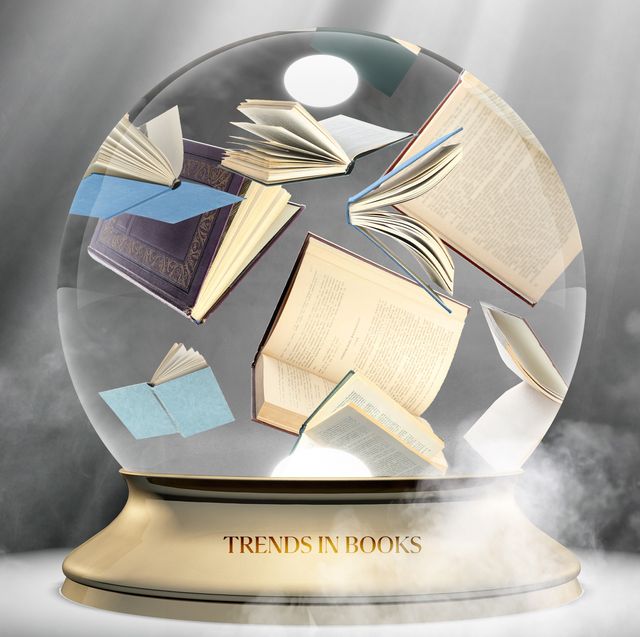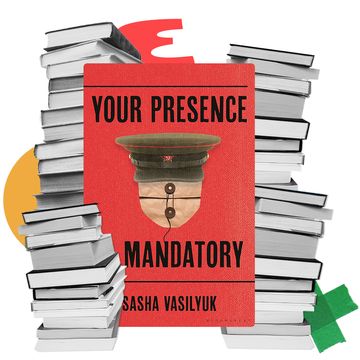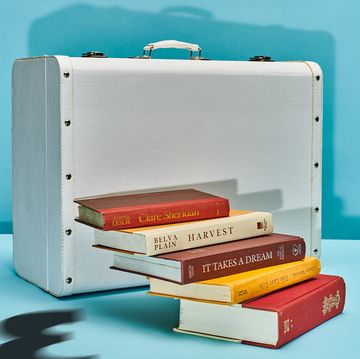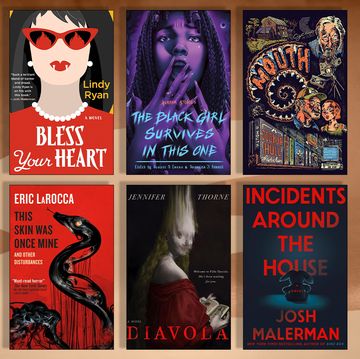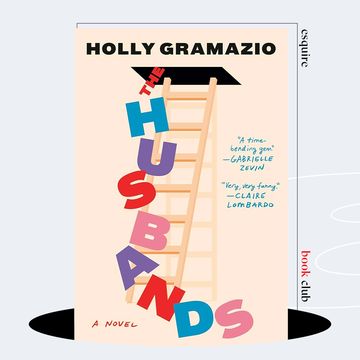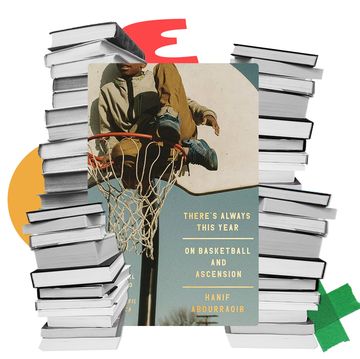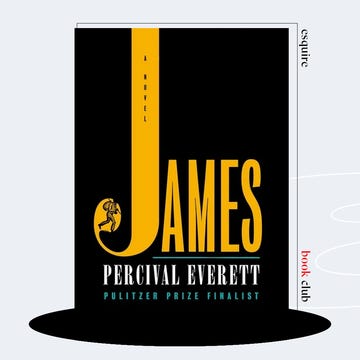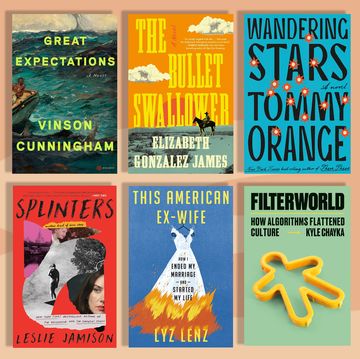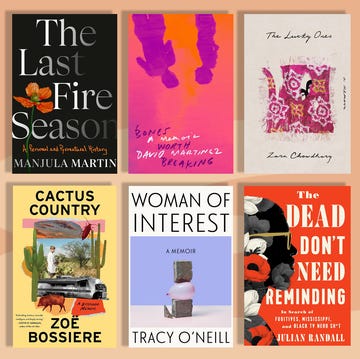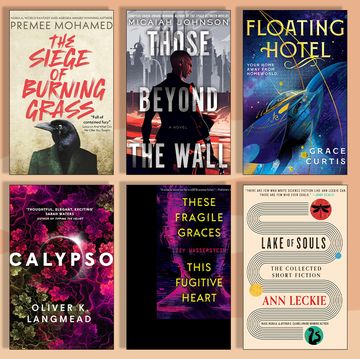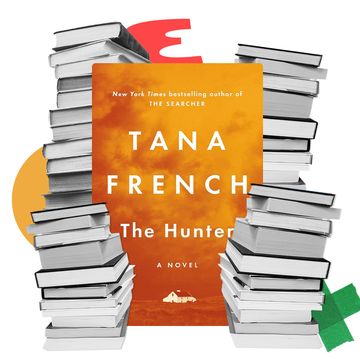The publishing industry is in flux. One major publisher has been acquired by a private equity firm, editors are departing (and getting laid off) from others, there are fewer book media outlets than ever, and most literary discourse is happening online. But what does it all mean for the books themselves, and the ways that readers are discovering them? Here, we make some predictions about the future of books.
It’ll be even harder to launch debut fiction.
“Celebrities and tastemakers are becoming the new medium for discovery,” says Ariele Fredman, a literary agent at United Talent Agency who previously launched eight #1 New York Times bestsellers as a publicist. As a result, it will be more important than ever for debut novels to land on book club rosters.
A Reese Witherspoon, Oprah, or Jenna Bush endorsement can be enough to not only secure a spot on the bestseller list, but anoint an author with a fanbase that lasts. “If you don't get one of those coveted spots, it becomes even harder to break a new voice,” Fredman adds.
Outside of those chosen debuts, “we're going to see a continued investment in bigger-name authors” from publishers, says former editor Molly McGhee, the author of Jonathan Abernathy You Are Kind, “because they have guaranteed returns on investment.”
Literary genre fiction and autofiction will still be the most popular modes of storytelling.
According to Dan Sinykin, the author of Big Fiction: How Conglomeration Changed the Publishing Industry and American Literature, the biggest trend on the page—also thanks to celebrity book clubs—will continue to be “literary genre fiction,” where “writers who are more artistic than they are entertaining” riff on genre tropes like dystopias, apocalypse tales, detective novels, and space operas. Think Colson Whitehead, Marlon James, Emily St. John Mandel, and Nana Kwame Adjei-Brenyeh.
The other major literary trend, Sinykin says, is autofiction: the hybrid genre between fiction and creative nonfiction about an author’s life. Autofiction automatically has built-in marketing appeal, because it drives reader interest in the author as a personality.
Citing the critical and commercial success of Annie Ernaux, Karl Ove Knausgård, Patricia Lockwood, and Ayad Akhtar, the influential publicist Michael Taeckens says autofiction will likely become even more popular than it is now.
Book clubs and indie publishers will continue investing in multiplatform storytelling—especially audio.
“Stories are commodities now,” says Julie Grau, editor and publisher of Spiegel & Grau. “They're not tied to a specific format.” These days, a story can take shape across print, audio, ebooks, film, and live events, which means readers who may not connect with a book might love it as an audio project. For this reason, “it's actually never been a better time to be a creator,” says Michelle Weiner, co-head of the books department at Creative Artists Agency. Plus, she adds, there has been a surge in live book events since the pandemic. She foresees a new wave of “bespoke” book programming, with more interactive events like Channing Tatum’s live art launch party at Brooklyn’s Books Are Magic.
There won’t be a new Book Twitter.
The online literary community has splintered into factions on new platforms like Bluesky, Mastodon, and Threads. “Instagram and TikTok are still massively influential,” says Taeckens, “but there's no longer one central place where most everyone shares and receives info and opinions about books.”
Authors are hesitant to invest time building an audience on Twitter’s successors. “How many times a day are you going to click into four platforms?” Fredman wonders.
“Book communities will continue to congregate,” Taeckens says, but “instead of one platform taking precedence, as Twitter did, I suspect that many different platforms will continue as the dominant trend.”
People will pick up books not because of the plot, but because they want to *feel* a certain way (i.e. hopeful).
BookTok “prioritizes emotional release, storytelling, and romance,” McGhee says. As a result, TikTok has created a new way of talking about books. If you watch Today Show book segments, you might see Isaac Fitzgerald or Qian Julie Wang say that a book made them laugh! or cry! or feel alllllll the feelings. Influencer Zibby Owens has organized her Santa Monica bookstore around the feelings that books are intended to elicit, rather than topic or genre.
Publishers are thinking this way, too. In marketing language and jacket copy, One World senior editor Nicole Counts says, “what we have to communicate to the reader is how they're going to feel.”
And word-of-mouth recommendations will be more powerful than ever.
Perhaps because they’re overwhelmed by the plethora of online platforms, “people are moving towards only word-of-mouth discovery where the peer-to-peer suggestion has become more important than ever,” Fredman says (though according to Taeckens, peer-to-peer suggestion has always been the bedrock of spreading buzz). Cindy Spiegel (co-publisher of Spiegel & Grau) argues that influencers are a form of word-of-mouth, too, because there is trust built into the parasocial relationship.
Meanwhile, imprints are starting to function more like brands—and they’re hoping to cultivate brand loyalty. The next step at One World, Counts says, is “building trust” between readers and the imprint, so folks who might not read poetry feel confident trying a poetry book simply because One World published it.
But at the end of the day, the trust will come back to the book itself. “The book has to be a book that people actually want to read,” Spiegel says. “And no one can make someone like a book.”
